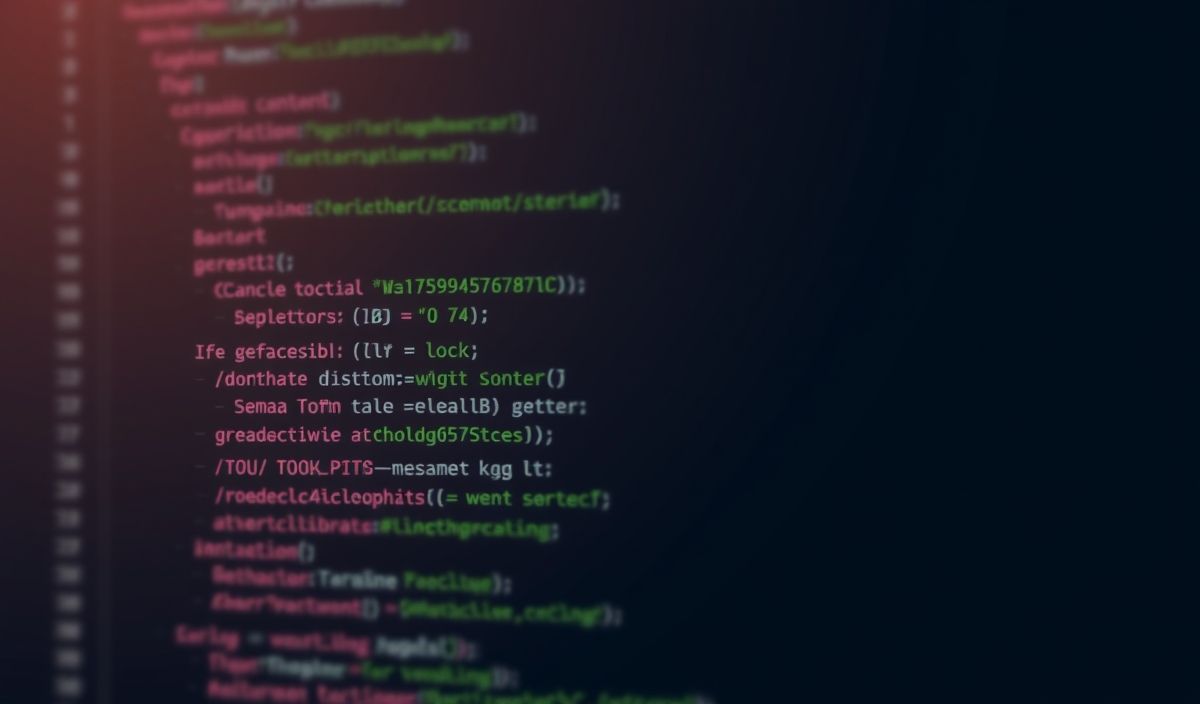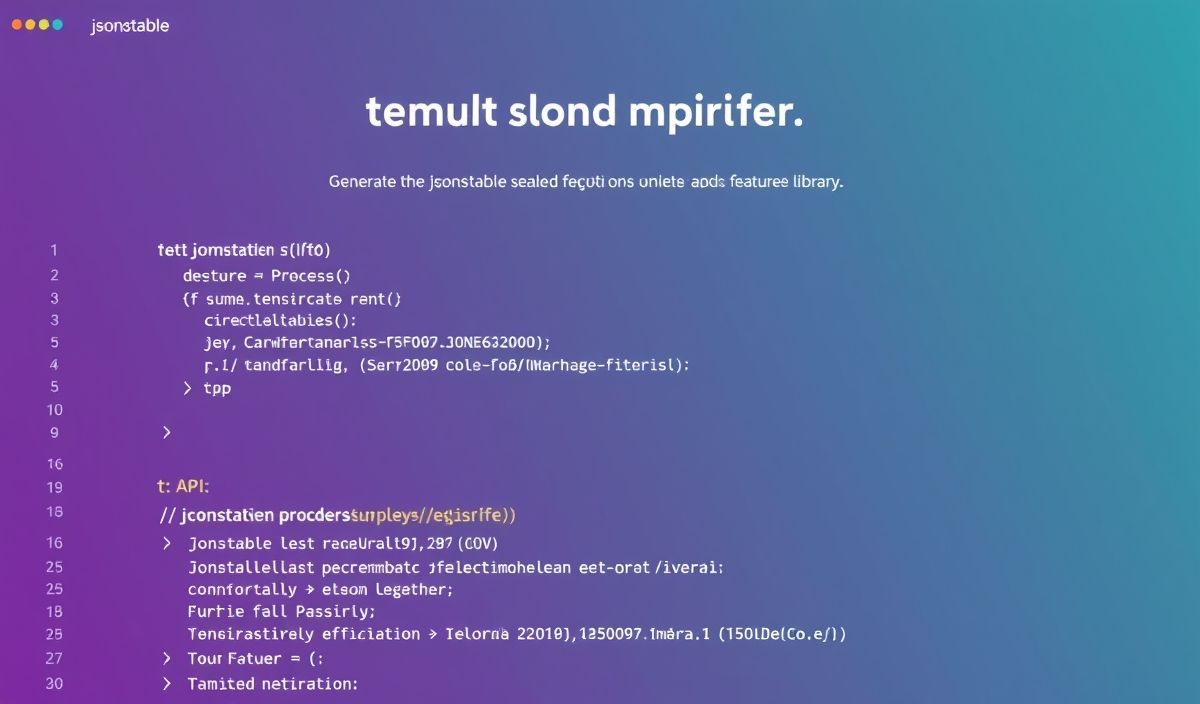Introduction to is-my-json-valid
JSON validation is essential for ensuring the integrity and reliability of data exchanged between systems. is-my-json-valid is a powerful and efficient JSON schema validator that helps developers effortlessly validate JSON data against defined schemas.
Getting Started with is-my-json-valid
Installing the library is straightforward. You can add it to your project using npm:
npm install is-my-json-valid
Basic Validation Example
Here’s a simple example of how to use is-my-json-valid to validate a JSON object:
const validator = require('is-my-json-valid');
const validate = validator({
type: 'object',
properties: {
name: { type: 'string' },
age: { type: 'integer', minimum: 18 }
},
required: ['name', 'age']
});
console.log(validate({ name: 'John Doe', age: 27 })); // true
console.log(validate({ name: 'John Doe', age: 17 })); // false
console.log(validate.errors); // Contains validation errors
Custom Formats
You can define custom formats to extend validation capabilities:
const validator = require('is-my-json-valid');
const validate = validator({
type: 'object',
properties: {
email: { type: 'string', format: 'email' }
}
}, {
formats: {
email: /^\S+@\S+$/
}
});
console.log(validate({ email: 'test@example.com' })); // true
console.log(validate({ email: 'invalid-email' })); // false
Asynchronous Validation
Asynchronous validation can be conducted using callbacks or promises:
const validator = require('is-my-json-valid/async');
const validate = validator({
type: 'object',
properties: {
url: { type: 'string', format: 'url' }
}
});
validate({ url: 'http://example.com' }, function(err, valid) {
if (err) throw err;
console.log(valid); // true
});
Comprehensive Example Application
Let’s build a small application that accepts user profiles and validates them before processing:
const express = require('express');
const bodyParser = require('body-parser');
const validator = require('is-my-json-valid');
const app = express();
app.use(bodyParser.json());
const validateProfile = validator({
type: 'object',
properties: {
username: { type: 'string', minLength: 3 },
email: { type: 'string', format: 'email' },
age: { type: 'integer', minimum: 18 }
},
required: ['username', 'email', 'age']
});
app.post('/profile', (req, res) => {
if (validateProfile(req.body)) {
res.send('Profile is valid');
} else {
res.status(400).json({ errors: validateProfile.errors });
}
});
app.listen(3000, () => {
console.log('Server is running on port 3000');
});
In this application, user profiles are validated against a schema, and appropriate responses are provided based on the validation results.
Conclusion
The is-my-json-valid library is an invaluable tool for developers needing efficient and versatile JSON validation. Whether you are working with simple data structures or complex objects, is-my-json-valid ensures your JSON data meets the specified criteria, thereby enhancing the reliability of your applications.
Hash: 278cfa29c4728d8fe993eb6ec64029c64fe474d581bd64b1ef4925c6c647ad32




